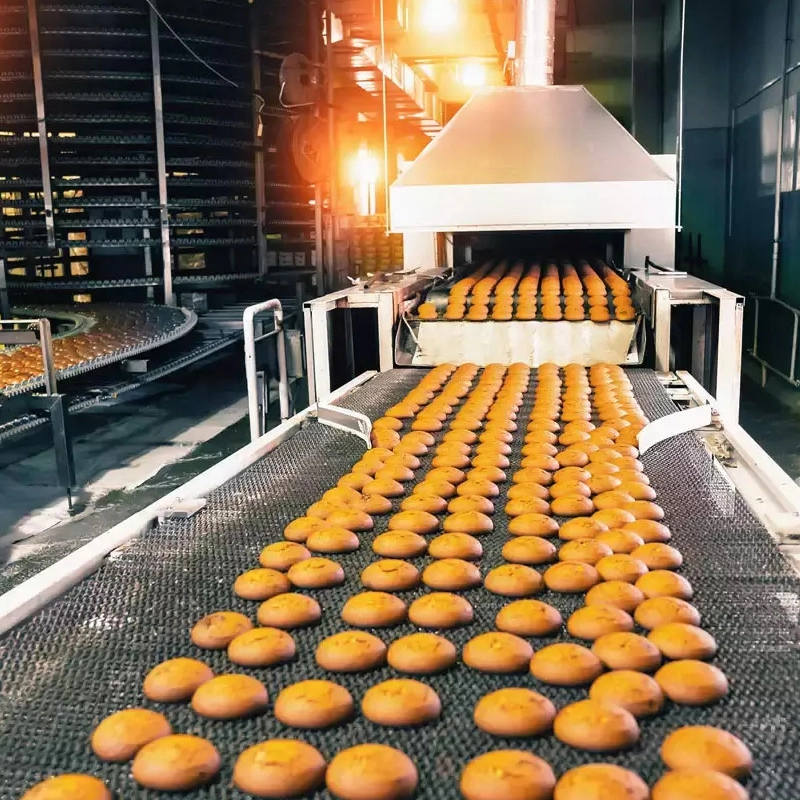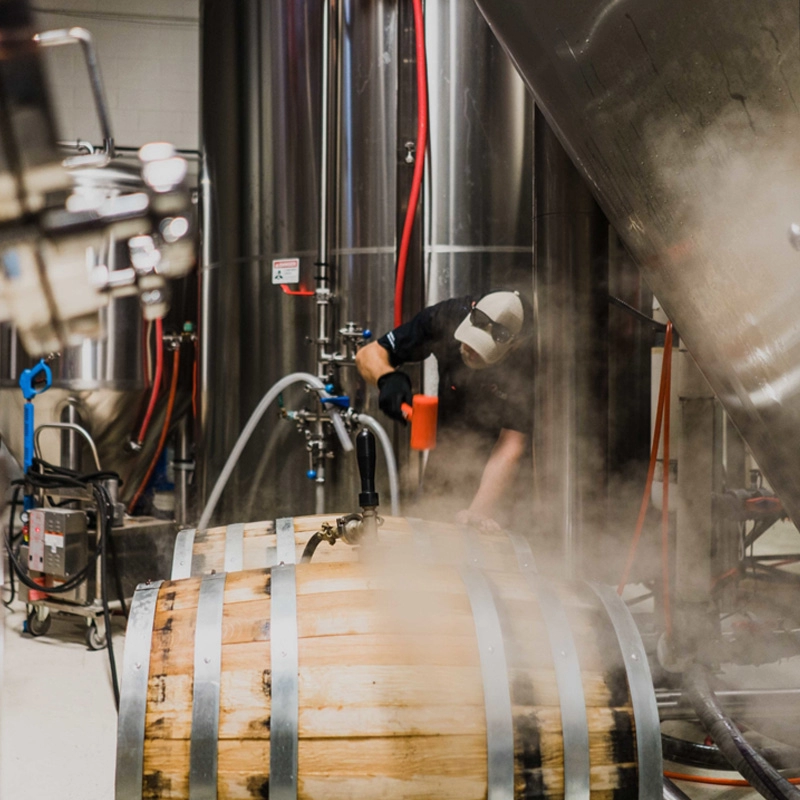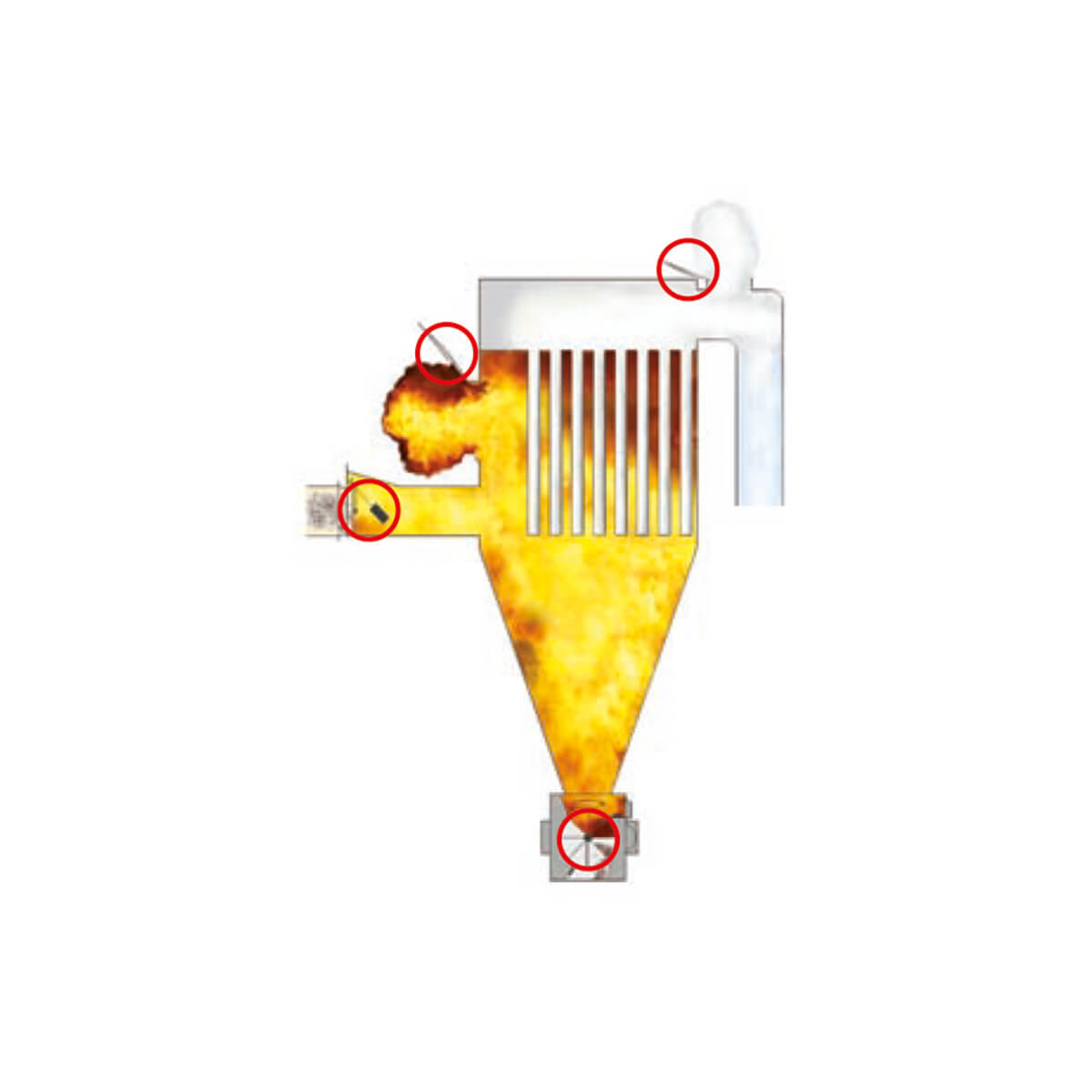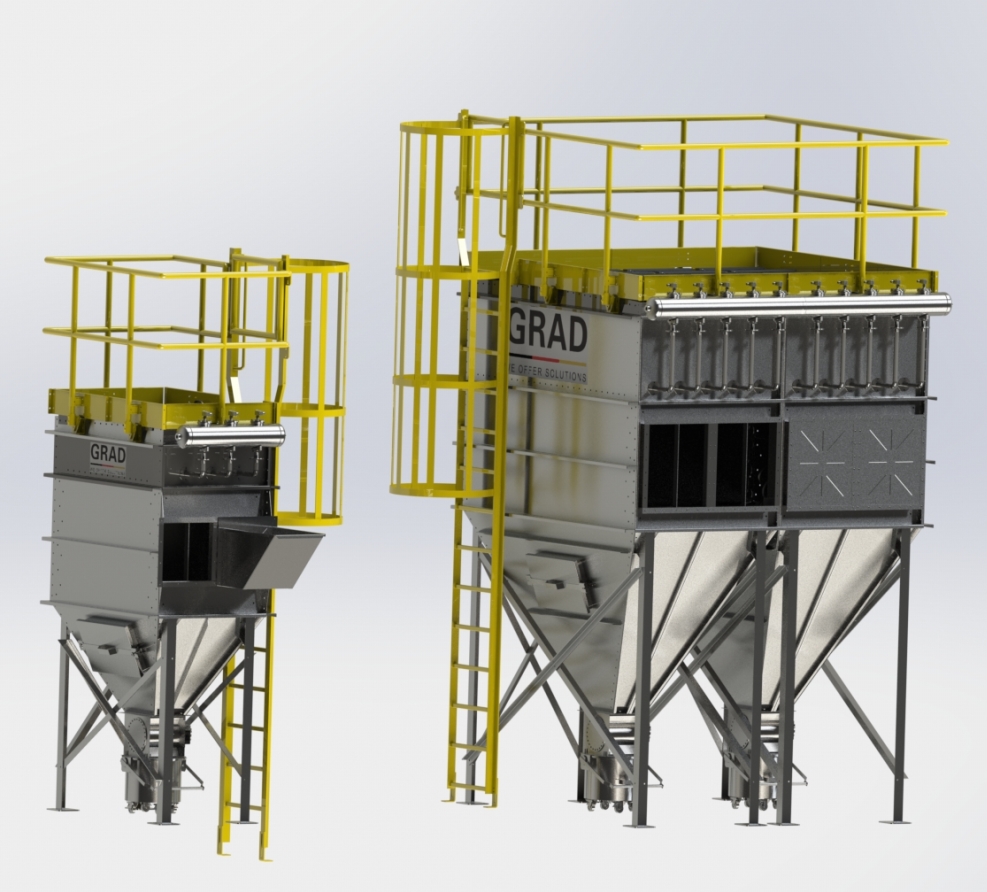- Home
-
Products
- Dust Collecting Units
- Cartridge & Bag Filter
- Baghouse
- Vacuum Unit
- Accessories
- Blower
- Extraction Arm
- Air Lock
- Services
- Industries
- Combustible Dust
- Company
Issues Encountered During Our Interventions...
Humidity
Humidity level control is vital for the production of this application type.
Temperature
Some tasks require precise temperature control throughout product processing.
Dust
Particles generated by this application field accumulate quickly and must be taken care efficiently.
Air Change
To ensure ambient air quality standards, multiple air changes per hour should be performed.
High Energy-Consuming
Processes related to this application field are energy intensive consumers.
Explosion Hazard
Dust particulate from some materials, for the most part, iscombustible and explosive.

Storing and handling grains, cooking foods, fermenting and processing fish-, meat- and poultry-based products: you know as well as we do that your processes generate a great deal of dust. Depending on your operations, a number of aspects come into play:
Is there a risk of deflagration associated with bioaerosols? Since organic matter is highly combustible, it is a potential source of fire and explosion.
What types of particles are found in your facilities? Have you assessed the composition of the airborne contaminants and how they move around?
Do you adequately control moisture to prevent mold? Food safety and cross-contamination are other major issues to monitor!

Whether you market grains, animal feed, flour, sugar, or vegetable oil from compressed soybeans or canola, you must control your particle emissions. Since they can cause respiratory problems, they must be captured in order to protect your workers’ health!
The dust collector’s filters and ducts becoming clogged is another challenge to deal with. Often highly sensitive to moisture (hydrophilic), the particles involved in your industry agglomerate and can eventually plug your system. That’s why it’s important to inspect and clean your entire dust collector and ductwork!
A watchful eye must also be kept on the speed at which the dust is conveyed: fast enough to prevent it from sticking to surfaces, but not too fast because speed increases friction, shock and, therefore, the risk of explosion. You need to find the right balance and adjust the dust collection system to your production.

Your industry has to deal with deflagration risks as well as compliance with strict food processing and environmental standards. Our experts fully understand these issues and can suggest the best dust collection solutions for your facilities—with no impact on your finished products. In mills, silo management, for example, must be closely monitored, in terms of both food safety and worker safety because of the risks associated with their respiratory health and with deflagrations.

Due to the many specifics of your sector, there is no single solution! In the presence of organic particles and a high moisture level, we often recommend the baghouse dust collector, the design of which reduces the risk of clogging. Since your industry usually uses processes that combine heat and moisture, a dust collector with cyclonic effect could also make it easy to filter out large particles while helping to cool them. And remember that regular maintenance will help you prevent cross-contamination—while optimizing your system’s performance!
We believe that the best dust collector is the one that perfectly meets your needs and enables you to save money. Our experts can suggest some sustainable options for you that are well thought out to minimize production shutdowns, repairs and energy consumption. Here is a quick look at what we can offer you:
Innovative solutions with an excellent service life, such as our system that handles variable volumes.
Integrated solutions for recovering the energy used by your drying and pre-drying systems, your steam boilers, and other machines.
Equipment approved by the ATEX standard for preventing incidents.
A team consisting of engineers and specialists is available to you for breakdowns and preventive maintenance.